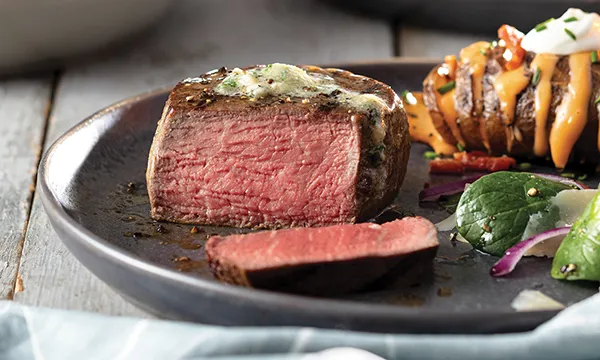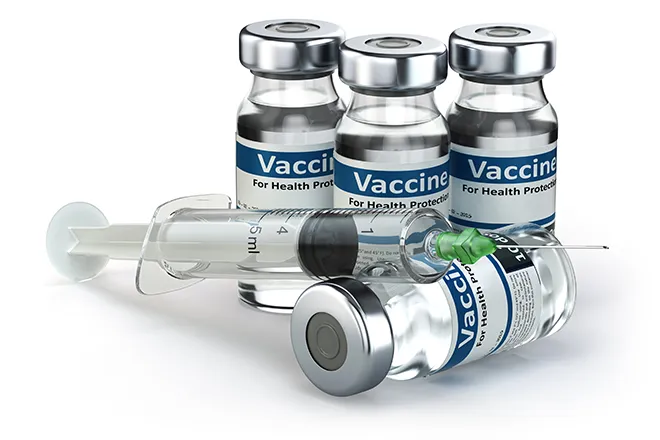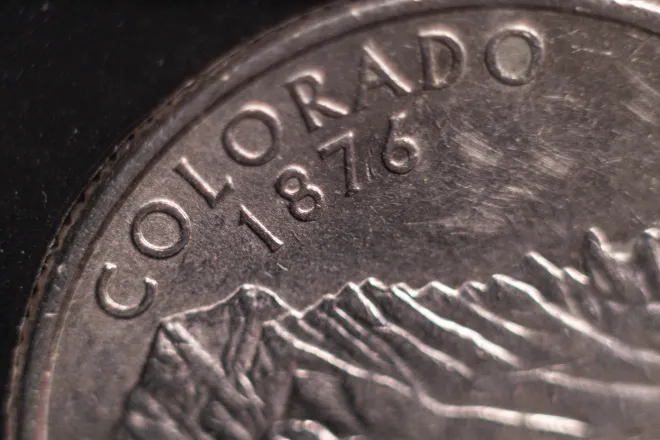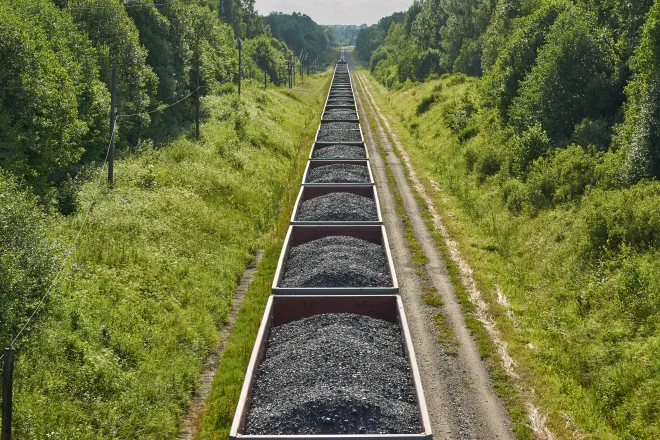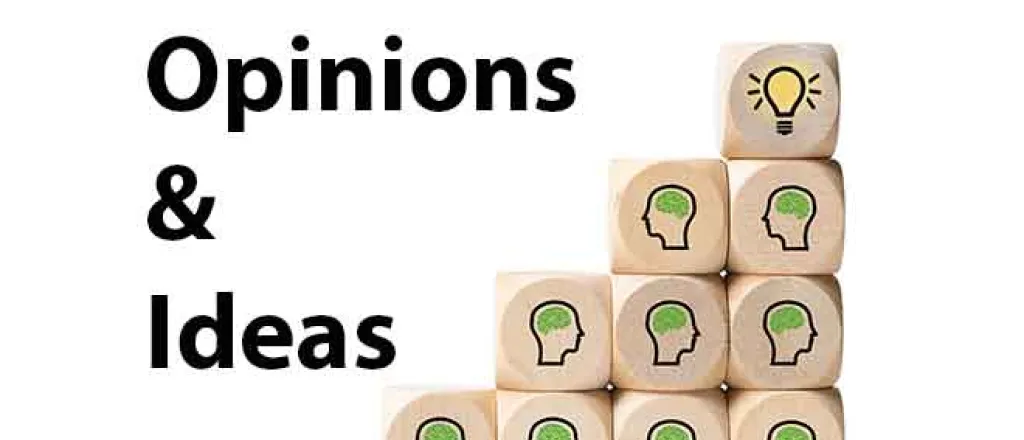
Commentary - What will you say you did?
I recently checked in at a local food bank to volunteer. I put on my green volunteer shirt and started sorting food donations from around the state with a group of strangers.
We sorted donations: protein shakes, peanut butter, Turkish figs, ranch dressing, hamburger helper, soda, evaporated milk, crushed tomatoes, cream of mushroom soup, apple sauce, payday candy bars, chips. “Don’t worry about expiration dates on food,” a volunteer who had logged 8,000 hours told me. “Just look if they’re medications/supplements or baby products.”
The generosity of people, of the donations is truly remarkable. That this food will find its way to people gives me hope. The quality of the food — or lack of — also kept crossing my mind. Highly processed food, loads of artificial sugars and ingredients, banged-up cans, all kinds of food dyes. It made me wonder what the people who received the items thought.
But their alternative was nothing to eat.
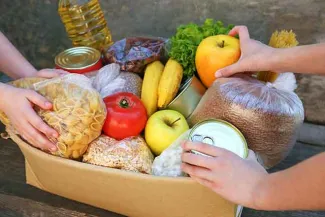
© iStock - Mukhina1
That afternoon, I finished “The Glass Castle,” which now shows up on banned-books lists. It’s a remarkable memoir by Jeannette Walls about hope, resilience and redemption. It’s also about poverty, family dynamics, family dysfunction, addiction, food insecurity, essentially navigating difficult life situations with perseverance. It’s a story of hope during the worst of times. Banning such a book deprives potential readers of examples of a path forward, a way out of whatever challenge people might be struggling with also gets banned.
As our country braces for cut-offs of SNAP, the federal program that helps low-income families afford food, the number of people facing hunger should make every heart hurt. Adding to their pain are skyrocketing health insurance premium costs. In Colorado, more than 600,000 people rely on SNAP to fill a gap in their life. It’s also projected that 80,000 Coloradans will lose health insurance if the Affordable Care Act tax credits expire. Of these 600,000 people who rely on SNAP, half are children. Kids.
Hunger, like many stigmas, is often invisible.
When our team a few weeks ago spent time in the San Luis Valley, an impoverished region of Colorado, to better understand SNAP, food, and its impact especially on older adults in rural communities, we found that meals for seniors had already stopped due to budget cuts. That loss of food was before SNAP faced any potential hits. Community pantries simply cannot fill these enormous gaps.
Seniors in this country already must worry about where they might live if they lose Medicaid, and now when they will get their next meal.
Meanwhile, a $300 million ballroom is being constructed where the East Wing of the White House once stood. We saw that demolition while millions live in fear. They worry about their next paycheck, their next meal, their next medical bill, their ability to afford health insurance. They are afraid to go to school or to work. They can’t go for a walk, go to the doctor, buy groceries, fill their cars with gas without dread. They can’t put a sign in front of their house, they worry about speaking any language but English. They fear being in public.
Fear affects us on a cellular level. It impacts our health in significant ways.
When I checked in to volunteer at the food bank, there’s a sign that reads, “When hunger rises, so can we.”
It’s a great sentence that I keep repeating, and a sentence that can be used for so much:
When hate rises, so can we.
When fear rises, so can we.
When injustice rises, so can we.
I recently drove home from work behind a car that had a pride flag on its back window with the words “defend equality” and a gigantic machine gun over the flag. I had to watch it for about 30 minutes until we took separate exits, and I took my first real exhale.
As I finished the drive home, I remembered this short clip a friend sent me of an older woman sitting on a park bench outside. She looks at the camera and says, “When your kids, grandkids, nieces and nephews ask you what did you do, what will you tell them?”
I will not say I stayed quiet. Because, when hope rises, so can we.


